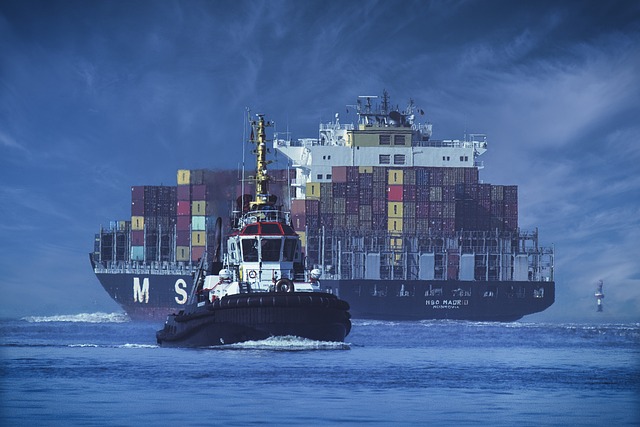Shipping to Dubai can be a seamless process if you pay attention to the details, especially when it comes to creating shipping labels. These labels are crucial for ensuring that your package reaches its destination safely and on time. In this article, we’ll guide you through the essentials of shipping label creation for Dubai shipments.
1. Understanding Shipping Labels
A shipping label is more than just a piece of paper; it’s the primary source of information for logistics companies to process and deliver your package. It contains essential details such as the sender’s and recipient’s addresses, package weight, tracking number, and shipping service. For a comprehensive guide on shipping to the UAE and creating the perfect shipping label, find out more at: https://www.sflworldwide.com/worldwide-destinations/shipping-to-uae
2. Required Information
When creating a shipping label for Dubai, make sure to include the following information:
- Recipient’s Full Name and Address: This should include the recipient’s full name, street address, P.O. Box number (if applicable), city, and country. In Dubai, P.O. Box numbers are commonly used instead of street addresses.
- Sender’s Full Name and Address: Include your full name, address, and contact information.
- Package Weight: Accurately weigh your package and include this information on the label.
- Tracking Number: This is usually generated automatically when you create the label through a shipping service.
- Barcode: A barcode is essential for automated processing and tracking of your package.
- Shipping Service: Indicate the shipping service you’re using (e.g., express, standard, etc.).
3. Formatting and Placement
The label should be large enough to accommodate all the information without clutter. Ensure that the text is legible and printed in a clear font. The label should be placed on the largest surface of the package and must be visible and flat. Avoid placing it over seams or edges.
4. Customs Declaration Form
For international shipments, including those to Dubai, you’ll need to attach a customs declaration form. This form should include a detailed description of the contents, their value, and the reason for shipping (e.g., commercial, gift, personal use). Be honest and accurate to avoid delays or penalties.
5. Prohibited and Restricted Items
Before creating your shipping label, ensure that your package doesn’t contain any items prohibited or restricted by the UAE customs. This includes items like e-cigarettes, narcotics, gambling devices, and counterfeit goods. Check the UAE customs website for a complete list.
6. Shipping Insurance
Consider adding shipping insurance, especially for valuable items. This should be indicated on your shipping label or accompanying documentation.
7. Special Instructions
If your package requires special handling (e.g., fragile, perishable), make sure to include appropriate labels or instructions on the package.
8. Using a Shipping Service
Many shipping services offer online tools to create and print shipping labels. These platforms can simplify the process by automatically generating barcodes, tracking numbers, and ensuring that your label meets the necessary requirements.
Read More: How to Ship to Mexico with FedEx: A Step-by-Step Guide
Best Practices for Shipping Labels
- Legibility: Ensure that all information on the shipping label is clearly printed or typed using a legible font and font size. Avoid handwritten labels, as they can be difficult to read and may lead to errors.
- Barcode Placement: Position barcodes and tracking numbers in a prominent location on the shipping label, making them easily accessible for scanning and tracking purposes.
- Label Durability: Choose a label material that can withstand the rigors of shipping, such as water-resistant or tear-resistant options. This will help ensure that the label remains intact and readable throughout the delivery process.
- Label Placement: Affix the shipping label securely to the top or side of the package, avoiding areas that may become obscured by tape or other packaging materials.
- Double-Check Information: Before finalizing the shipping label, carefully review all the information for accuracy. A single mistake in the address or other critical details can lead to significant delays or lost shipments.
Closing Thoughts
Creating a shipping label for Dubai shipments requires attention to detail and adherence to specific requirements. By following these essentials, you can ensure that your package arrives safely and on time. Remember to use reliable shipping services and double-check all information on your label for a smooth shipping experience.

0 Comments